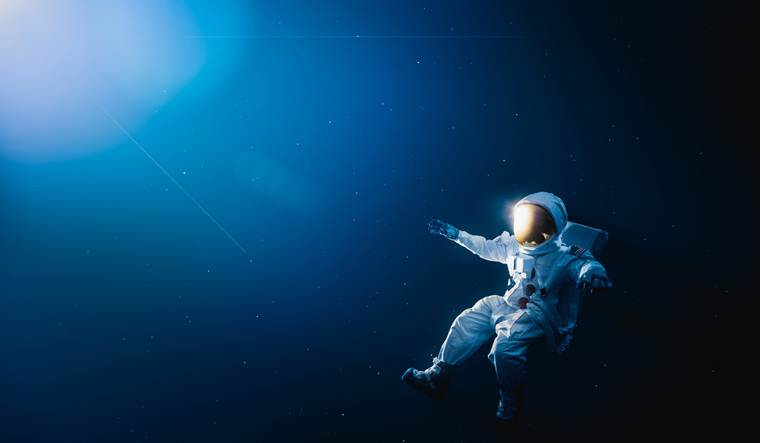Exposure to chronic, low dose radiation—the conditions present in deep space—causes neural and behavioral impairments in mice, according to a study.
The results, published in the journal eNeuro, highlight the pressing need to develop safety measures to protect the brain from radiation during deep space missions as astronauts prepare to travel to Mars.
Radiation is known to disrupt signalling among other processes in the brain, according to researchers, including those from the University of California, Irvine and Stanford University in the US.
However, previous experiments used short-term, higher dose-rate exposures of radiation, which does not accurately reflect the conditions in space.
To investigate how deep space travel could affect the nervous system, researcher Charles Limoli and colleagues from Colorado State University and the Eastern Virginia School of Medicine in the US exposed mice to chronic, low dose radiation for six months.
They found that the radiation exposure impaired cellular signalling in the hippocampus and prefrontal cortex, resulting in learning and memory impairments.
The researchers also observed increased anxiety behaviours, indicating that the radiation also impacted the amygdala, the brain's medial temporal lobe which plays a key role in the processing of emotions.
They predict that during a deep space mission approximately one in five astronauts would experience anxiety-like behaviour and one in three would experience certain levels of memory impairments.
The astronauts may also struggle with decision-making, the researchers noted.



